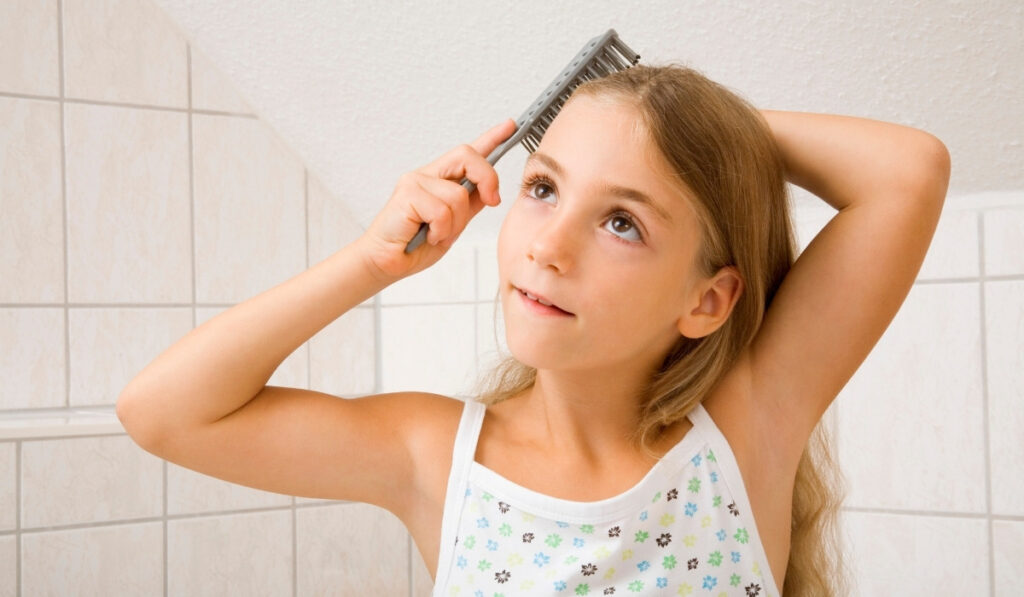
Blog
ABA Therapy Blog & Resources
Welcome to the Empower ABA blog — your go-to source for ABA therapy resources and insights for parents of children with autism.
Here you’ll find expert guidance, practical tips, and evidence-based strategies on applied behavior analysis, behavior challenges, in-home and center-based ABA, and family support topics to help your child thrive.
Your Guide to Self-Care Skills for High-Functioning Autism
Key Points: Self-care is essential for individuals with high-functioning autism to support emotional, social, and physical well-being. Parents can teach and reinforce practical self-c
Can Bipolar Be Mistaken for Autism?
Key Points: Bipolar disorder and autism can show overlapping behaviors, but their root causes and patterns are very different. Emotional highs and lows in bipolar disorder differ from
Memory Problems in Autism: Key Challenges & Solutions
Key Points: Autism memory problems often affect working memory and recalling social or verbal information. These memory differences can impact learning, communication, and daily routi
The Link Between Autism and Emotional Sensitivity Explained
Key Points: Many autistic children experience emotions more intensely and may have difficulty expressing or managing their feelings. Emotional sensitivity is not a weakness—it can b
Autistic Burnout vs Depression: Key Differences Explained
Key Points: Autistic burnout and depression share some similar symptoms but have different causes and solutions. Autistic burnout is linked to long-term masking and sensory overload,
Understanding Autism and Anger in Adolescents
Key Points: Anger in autistic adolescents often stems from sensory overload, communication struggles, or emotional regulation challenges—not defiance. Parents can support their teen
What to do After Your Child Receives and Autism Diagnosis
Vacations are meant to be relaxing, joyful experiences—but for families of autistic children, they can also bring a unique set of challenges. Changes in routine, unfamiliar environm
Stop Masking Autism: Steps to Embrace Your True Self
Key Points: Masking occurs when autistic people suppress their natural behaviors in order to blend in with others socially, which can often result in mental fatigue. Unmasking involve
Budget Cuts Threaten Autism Support Programs in Fairfax County — Here’s Why That Should Concern Everyone
As Fairfax County faces a significant budget shortfall, proposed cuts are targeting a vulnerable segment of the community: neurodivergent young adults. Programs that help individuals









